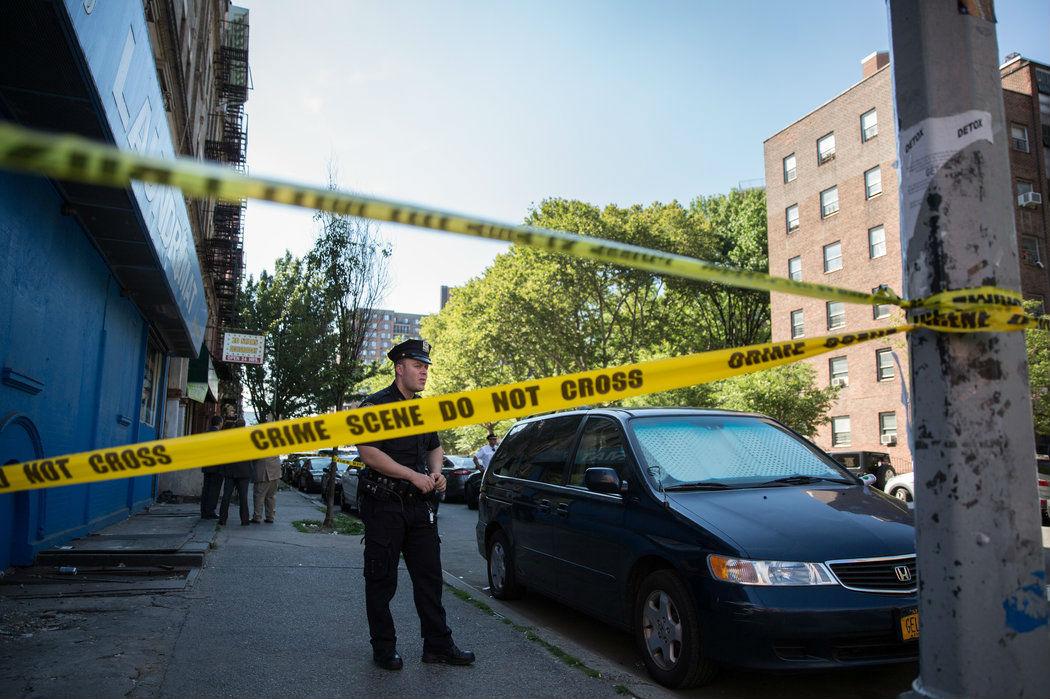Muslims and Hindus more likely to help someone being attacked than Christians, survey finds
Exclusive: Hindus suggest they are also more likely to go to someone's help

In a world that seems to be getting angrier and more hectic, lots of people have witnessed violent or aggressive incidents and wondered whether or not they should intervene.
A thousand questions race through the mind: do you risk your own safety, are you actually witnessing what you think you are witnessing, and could getting involved even make things worse?
A new survey questioned 2,000 people about their willingness to intervene in an “extreme situation” and came up with some interesting findings. One was that greater percentage of people who identify as Muslims and Hindus said they would spring into action than Christians.
Just 24 per cent of people said they would get out their phone and start videoing if they saw a police officer harassing an African American man for no reason, while 21 per cent said they would get out of it. Meanwhile - both typically and depressingly - nearly twice as many people say would step in if they witnessed violence against a dog, rather than a person.
The survey, entitled Bystander Backlash and which makes no claims to being entirely scientific, was conducted on behalf of Bay Alarm Medical, a California-based medical services company.
“Witnessing a social injustice in public invokes some kind of fight or flight response in all of us,” said company spokeswoman Stacia Mullaney.
“These are immediate, in-the-moment reactions that we wanted to put hard numbers on. We wondered how we might react if we witnessed social injustice or an extreme situation.”
Ms Mullaney said the firm had no idea how religion might influence a person’s decision on whether or not to intervene. Yet she said other factors also appeared to have a role.
“We found that gender also played a role in how a person responded. Women were slightly more likely to passively monitor a situation, much more likely to call for help, and somewhat less likely to step in,” she said.
“Political affiliation also played a small role. Republicans are about four per cent more likely to call for help, while Democrats were slightly more likely to passively monitor (31 per cent) the situation or provide comfort (6 per cent).”
Subscribe to Independent Premium to bookmark this article
Want to bookmark your favourite articles and stories to read or reference later? Start your Independent Premium subscription today.

Join our commenting forum
Join thought-provoking conversations, follow other Independent readers and see their replies